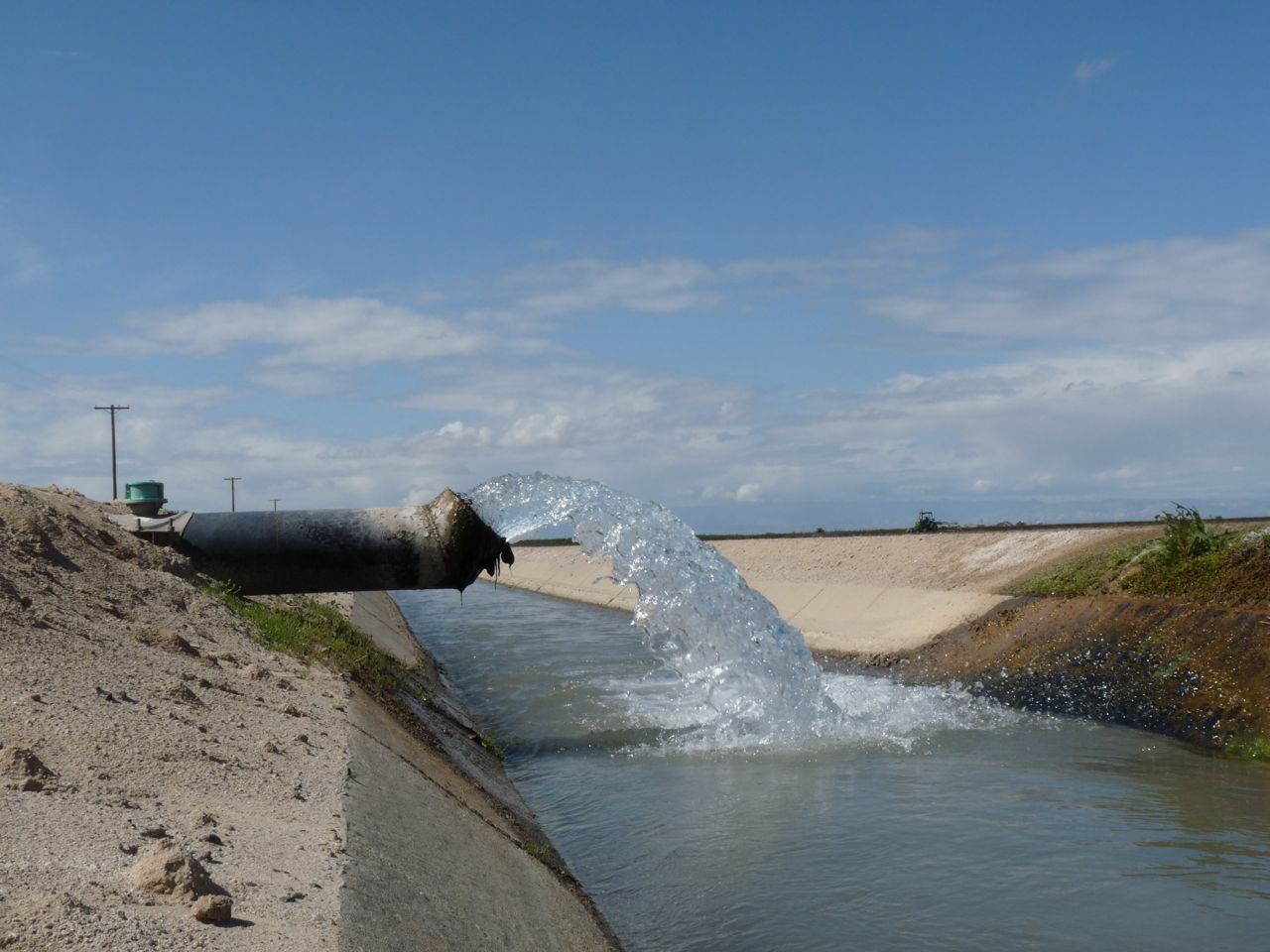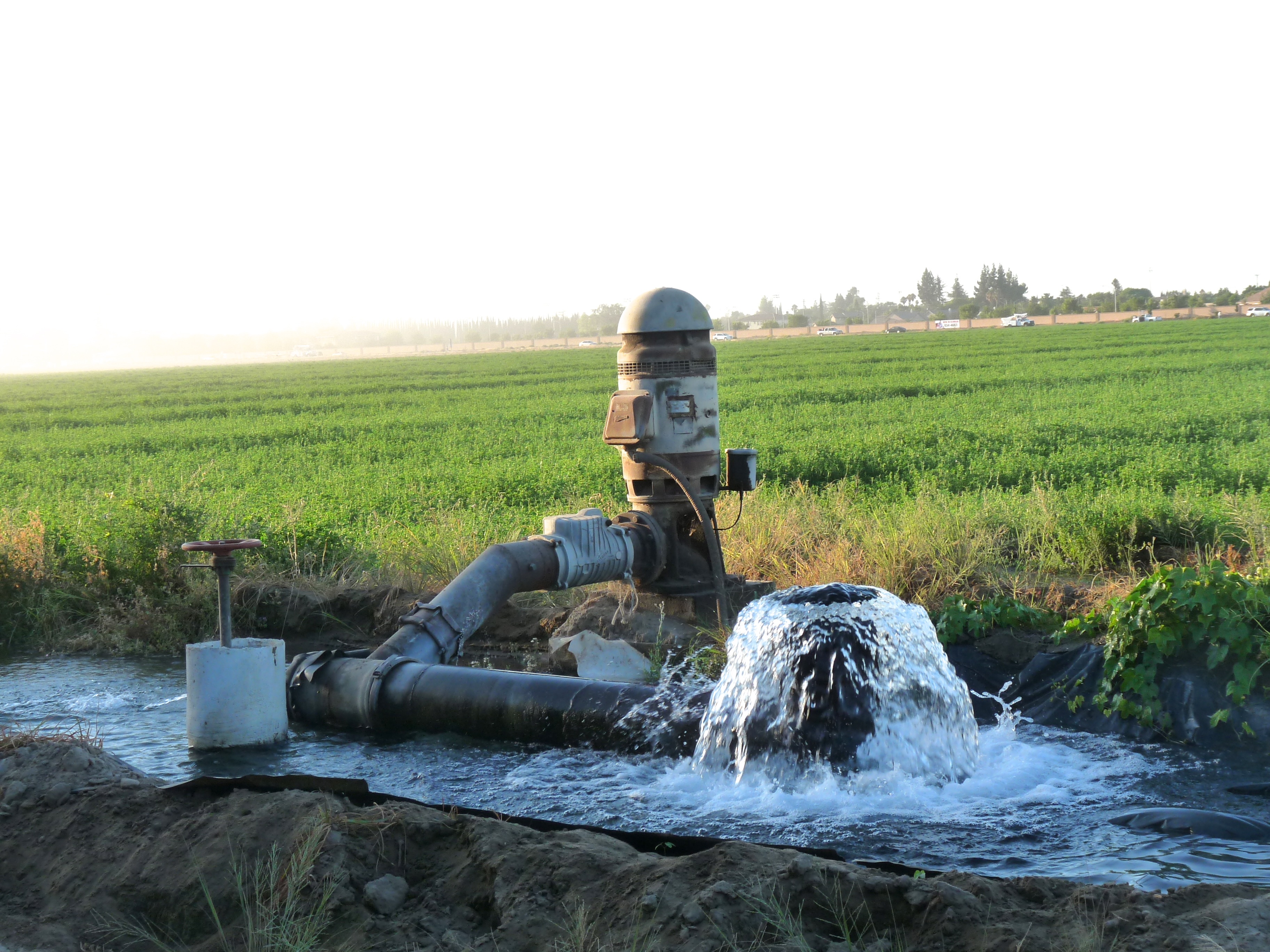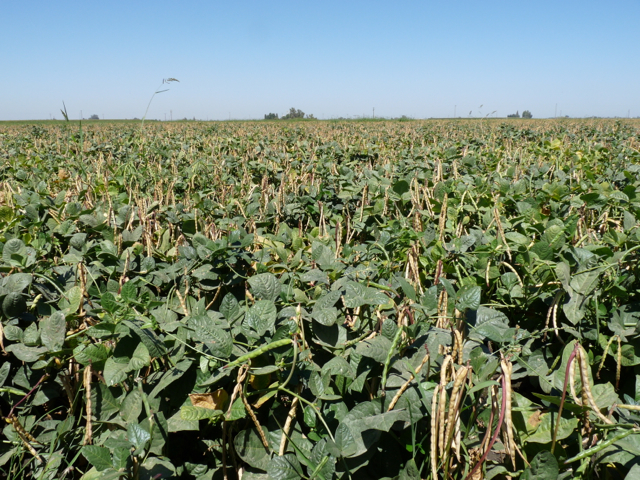Valley Water Management Ordered To Improve Facility
Valley Water Management May Be Putting Groundwater at Risk
News Release
The Central Valley Water Regional Quality Control Board has issued a Cease and Desist Order requiring Valley Water Management Co. (VWMC), an oil field wastewater disposal center, to either bring its McKittrick 1 and 1-3 Facility into compliance with water quality regulations or stop discharging wastewater at the facility.
“Valley Water provides a valuable service to the oil industry in Kern County, but discharges from the McKittrick facility must not put groundwater beneficial uses at risk,” said Patrick Pulupa, Executive Officer of the Central Valley Water Board. “With this Cease and Desist Order (CDO), the Board has said that if this facility cannot be brought into compliance with current regulations, discharges at the facility must cease.”
In California, water and oil are co-mingled in underground oil-bearing geologic formations, and both oil and water are brought to the surface during production. That water is called “produced water,” which is known to have naturally occurring contaminants like salinity, chloride, and boron that make the water unsuitable for human consumption or to irrigate agricultural crops.
VWMC disposes of poor-quality produced water from the South Belridge, Cymric, and McKittrick oil fields at the Facility. The Facility has 163 acres of unlined disposal ponds where, according to the company’s recent reporting, 2.8 million gallons of produced water are discharged each day.
In issuing the CDO, the Board found that the cumulative effect of disposing produced water at the facility over many decades has created a highly saline wastewater plume that is migrating to the northeast, where it threatens higher-quality groundwater designated as supporting municipal and agricultural uses.
The CDO requires VWMC to complete a full characterization of the nature and extent of wastewater impacts, an important step toward protecting the beneficial uses of groundwater. If VWMC cannot demonstrate that its discharges at the facility are not causing pollution, the CDO requires VWMC to either upgrade the facility or cease discharging produced water.
For more details, visit the Central Valley Water Board’s agenda item.
The Central Valley Water Board is a state agency responsible for the preservation and enhancement of the quality of California’s water resources. For more information, visit the Board’s website, https://www.waterboards.ca.



 The recently proposed changes to the
The recently proposed changes to the 








